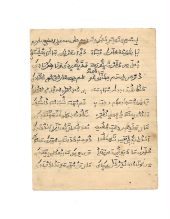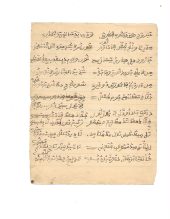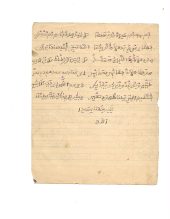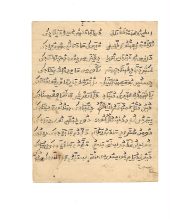Voices from the Past, Echoes for the Future:
Discover the Timeless Beauty of Fulfulde Poetry.
Welcome

Welcome to the MBA Collection of Fulfulde Poems (Gime Pulpule), a unique archive celebrating the beauty and depth of Fulfulde poetry. This collection preserves the works of legendary Fulani scholars like Shehu Usman Fodiyo and Nana Asma’u, capturing the rich intellectual and spiritual heritage of the Fulani people.
Mission
To preserve, promote, and share the literary brilliance of Fulfulde poetry as a vital cultural and educational treasure.
Vision
A world where Fulfulde poetry is celebrated as a cornerstone of African heritage, inspiring generations and fostering cultural understanding.
Motivation
The MBA Collection reflects Mallam Muhammad Bashir Abubakar’s lifelong commitment to preserving the cultural identity of the Fulani people. By safeguarding and sharing these poetic works, MBA ensures the voices of Fulani scholars resonate with future generations.
Featured Poems
Sample Ajami
Motivation Behind the MBA Collection
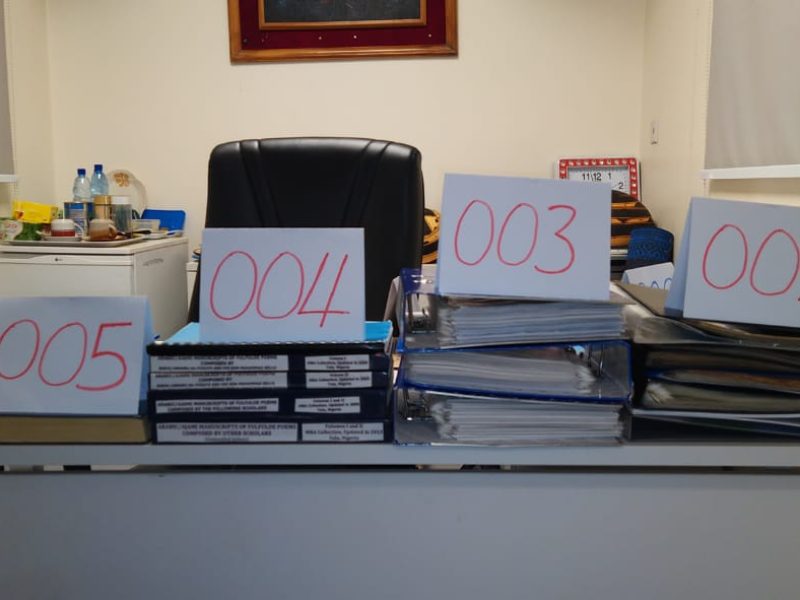
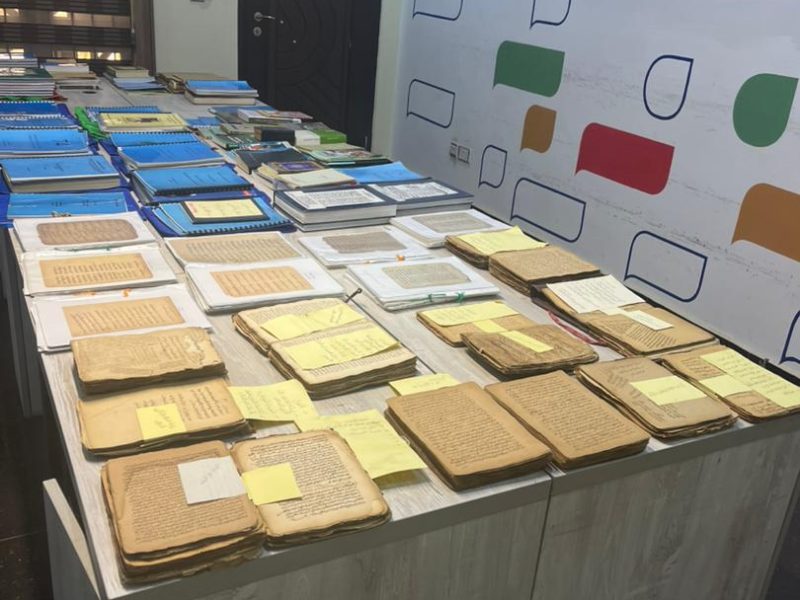
Overview
The MBA Collection reflects Mallam Muhammad Bashir Abubakar’s lifelong commitment to preserving the cultural identity of the Fulani people. By safeguarding and sharing these poetic works, MBA ensures the voices of Fulani scholars resonate with future generations.
Introduction to Fulfulde Poetry
Fulfulde poetry embodies the heart of Fulani culture, weaving themes of spirituality, leadership, and morality. Written in Ajami (Arabic script) and Fulfulde, it stands as a beacon of African intellectualism. Hausa poetry, while less prominent in this collection, complements Fulfulde works by adding regional perspectives.
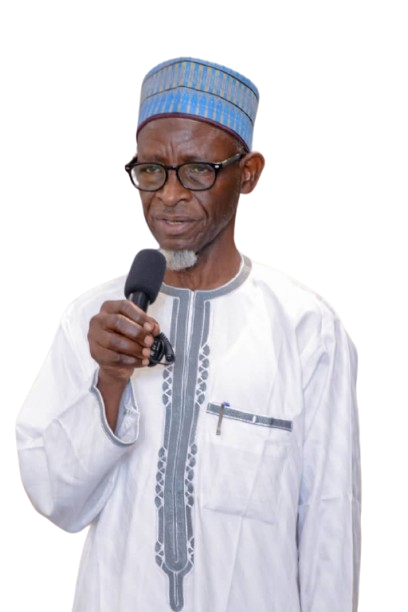
Who is MBA?
Mallam Muhammad Bashir Abubakar (MBA) is a Fulani scholar, poet, and educator. Deeply rooted in the traditions of Islamic and Fulani scholarship, MBA has curated this extensive collection of Fulfulde poetry, preserving a crucial part of African literary history.
What is the MBA Collection?
The MBA Collection is a carefully preserved archive of Fulfulde poetry, featuring original manuscripts, translations, and explanatory notes. The collection highlights works from notable Fulani scholars such as Shehu Usman Fodiyo, Nana Asma’u, and others, offering insight into Fulani spirituality, culture, and leadership.
